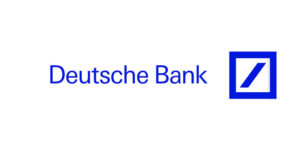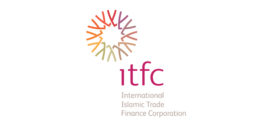London, Frankfurt 18th October 2018
 For technology to truly be transformative, further global regulatory alignment is needed, with any regulatory approach accepting the “new realities” created by emerging solutions.
For technology to truly be transformative, further global regulatory alignment is needed, with any regulatory approach accepting the “new realities” created by emerging solutions.
The emergence of new technology solutions relating to Open APIs, cloud, blockchain and artificial intelligence – and their uptake by the banking industry – has driven increasing volumes of digital data, and new market players, business models and evolving client expectations. Yet their transformative impact will only be realised with further global regulatory alignment and acceptance of the “new realities” created by emerging technologies, says Deutsche Bank’s white paper, “Regulation for banking transformation”, which includes contributions from leading experts across the banking, technology and legal industries.
“Technology provides us with a huge opportunity to change our business models, releasing some control of the component value chain in order to better meet the new needs of clients,” says Thomas Nielsen, Chief Digital Officer, Global Transaction Banking, Deutsche Bank. “Getting this right is something that can only be done through collaboration with regulators and a wide range of industry groups. We must be responsible – but we need to disrupt, or be disrupted.”
The paper, which provides detailed analysis on the current regulatory landscape with respect to emerging technology, and the key challenges to implementing technological innovation in transaction banking, concludes that conducive and forward-thinking regulation stands to be a major catalyst for a thriving and innovative banking industry. For this to happen, it concludes that any regulatory approach must be: globally aligned; technology-neutral; digitally relevant; embracing of new solutions; and industry-led.
“Further regulatory alignment on a global level would greatly support the development of innovative technologies for global business. This is particularly important in the context of data protection and security standards – as long as the rules vary across jurisdictions, technological solutions will be constrained by local boundaries, diluting their potential to transform the industry,” says Polina Evstifeeva, Head of Regulatory Strategy, GTB Chief Digital Office, Deutsche Bank. “This doesn’t mean we have to establish a single global standard for regulation, however. The realistic goal here is attaining a threshold level of alignment across jurisdictions in order to unleash the full benefits.”
The paper highlights a number of areas where regulation may not yet completely account for the “new realities” of technology. For instance, legislation relies on traditional means of ensuring data and information security – requiring access to premises where data is stored on cloud for the purpose of physical audits, as one example. Re-thinking this approach to rather focus on the advanced distributed platforms and cyber security tools employed by cloud service providers would accelerate the movement of core banking services to cloud, suggests the paper. It highlights a number of similar issues – the European Union’s General Data Protection Regulation (GDPR), for instance, enshrines the “right to be forgotten”, potentially hindering the opportunities derived from the immutability of blockchain.
To read “Regulation for banking transformation”, please click here.
 Cash And Trade Magazine For Cash and Trade professionals in the Middle East
Cash And Trade Magazine For Cash and Trade professionals in the Middle East




